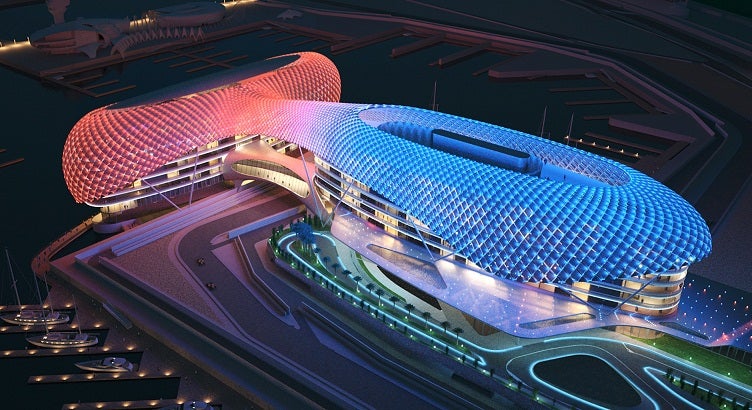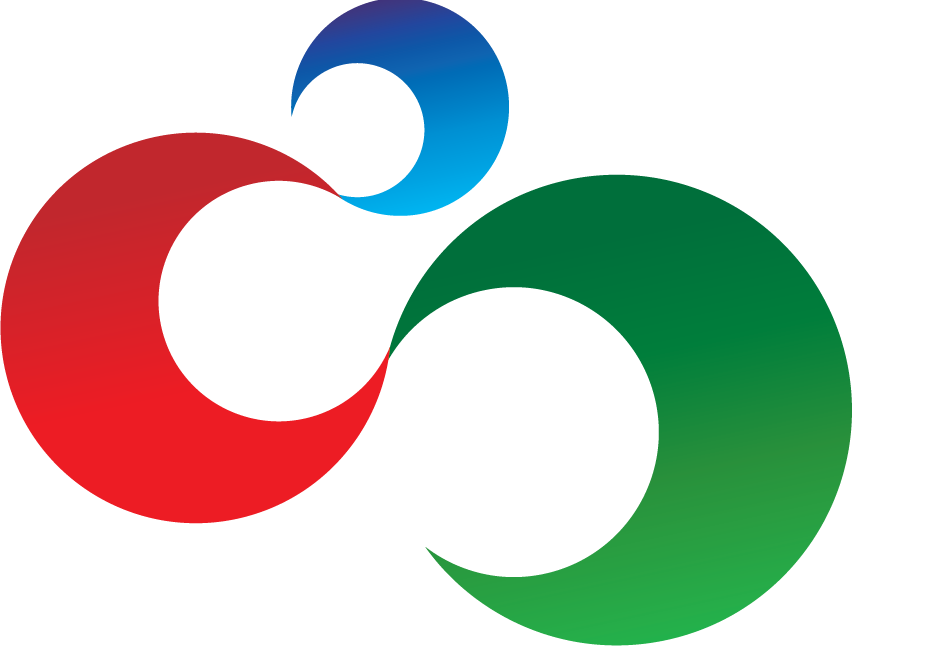
In Abu Dhabi’s ‘Formula,’ a fast force for change
By: Lara Setrakian
Foreign Policy
My leading image of Abu Dhabi’s Formula 1 weekend is from the VIP lawn of a Kanye West concert: two local ladies, their black abayas open to reveal glittery gold bodysuits. It was a peak moment in the new Middle East, Abu Dhabi spending untold billions to bring the best of the world home, then relishing it. The big winner, other than Sebastian Vettel, was the city itself, represented by the girls in gold lame. With Abu Dhabi’s Grand Prix came the world’s most advanced track, where races transition from day to night in the sunset of the Persian Gulf, and the distinction of hosting the last Formula 1 event of the season for the second year in a row (the position is meant to rotate among host cities). Add on the arrival of Kanye and other top acts, and elite guests flown in to party in trackside yachts and at the luxe Yas Hotel. Among the hodgepodge of names in the crowd: Diane Von Furstenberg, Liz Cheney, and Barry Diller.
Abu Dhabi’s investment in the Formula 1 isn’t meant to make money, at least not now. It yields a reputational return that works in several ways. As a baseline, there’s the estimated 600 million viewers in 180 countries who tune in to watch the race and see Abu Dhabi shine. On the ground, the city gets the glitter and attention of F1 regulars, from Sir Richard Branson to Prince Albert of Monaco. State-lined companies like Etihad and Mubadala get a branding boost from sponsoring the event. And more broadly, hosting a Grand Prix advances the city’s great ambition of developing high-end tourism and a sustainable economy based on more than oil.
Part of its ‘Plan Abu Dhabi 2030’ involves attracting 7.9 million annual hotel guests, almost double the current population of all seven United Arab Emirates. Getting there will mean delivering on its other planned attractions. This year, next to the Yas Marina Circuit, a Ferrari World Theme Park debuted with the record breakingly-fast Formula Rossa roller coaster (a former US Air Force pilot in town for the race said he was shocked by its force and speed). Starting in 2012, and in relatively rapid succession, Abu Dhabi is slated to open its series of branded cultural outposts, among them the Louvre, the Guggenheim, and the Zaha Hadid-designed concert hall. ‘They’re just going to keep plugging away…they want to be on the cutting edge,’ said Danny Sebright, head of the US-UAE Business Council and one of the most well-connected Americans in the Gulf. ‘Hosting the F1 advances the storyline of Abu Dhabi as a leader, Abu Dhabi with a vision, an Abu Dhabi that can deliver. ‘The last message is especially important to the dozens of investors and partners who turned up to enjoy the race – ‘practically everyone who does business with Abu Dhabi,’ in Sebright’s view. For a region where relationships are paramount to doing business, those relationships are cemented on these occasions.
Abu Dhabi’s Formula 1 is a regional sign of the times – the speed and vitality of the cars, a culture of performance, marking the shift in momentum that favors Gulf states. The GCC is the power elite of the Arab world, charging forward as the old Arab republics watch from the sidelines. As Egypt’s Gamal Mubarak and Lebanese PM Saad Hariri attended the Formula 1 race, guests of the government, they’d have to realize that their own relative economic booms would likely never bring home such a trophy. The only other Formula 1 in the Arab world, in Bahrain, is eclipsed by the size and scope of Abu Dhabi’s – a reflection of the Gulf pecking order. As for the much touted Dubai-Abu Dhabi rivalry, the Formula 1 and its theme park do raise the stakes by way of a role reversal; in tourism, Dubai is for the fun and free-wheeling, Abu Dhabi is the more staid, museum destination. The Formula 1 is Abu Dhabi letting its hair down, eating Dubai’s lunch or at least picking at its plate.
Alongside and intertwined with high-level business was high-level diplomacy – generals and heads of state, past and present. Tightening those ties has a geopolitical benefit, each happy guest in the VIP tent becoming more of a stakeholder in Abu Dhabi and its stability. ‘An event like this buys security, it buys support, it buys integration and entanglement,’ said the New America Foundation’s Steve Clemons as we walked out of a Prince concert, the climax of a weekend’s entertainment. It can also buy love, as Prince proclaimed to his Arab and expat fans: ‘In America we love funky music. And we love you.’ One pop star’s contribution to a civilizational truce.
His very presence means something to the Middle East – that the stars of the West are within reach. One young Formula 1 fan told me he’s glad the Arab world is developing more hobbies, as though motorsport could serve as an inspiration or distraction from other violent or destructive pursuits. Arab drivers like Hamad al Fardan are becoming new role models and more races are televised in Arabic, while Abu Dhabi’s Yas Marina stands as a shiny, pretty salvo in the ideological wars fought over the battlefield of Arab youth. For those across the water, watching from Iran, it’s another attraction just beyond arm’s reach — another reminder of the momentum that’s missing in their own country, stalled in its pariah status. Iranians who visit the UAE – they can still get 2-week tourists visas with relative ease – gripe to me often that the glitter and glory of so many skyscrapers should have been theirs. They are jealous, and deeply disappointed.
In contrast, ‘there’s a sense of investment here, of believing in big things,’ said Ahmed Bin Shabib the hipster-publisher of Brownbook Magazine told me as he readied to board the Formula Rossa roller coaster. ‘You used to only see these things globally. Now that you see them regionally it gives the Middle East a different feel.’ From Abu Dhabi a feeling that it can move forward, and move fast.
Lara Setrakian is a foreign correspondent based in Dubai, on Twitter at @laraabcnews.
